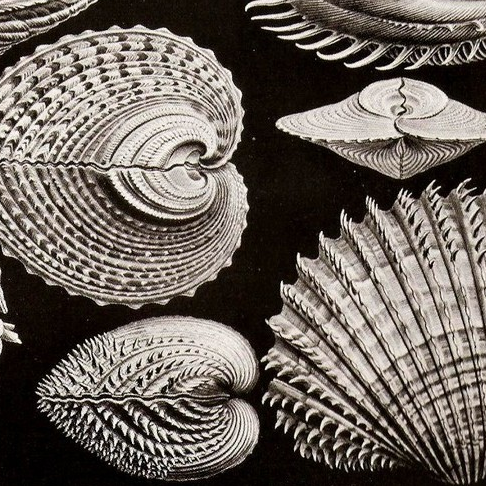Shells and Pebbles
Interesting finds on the shores of the history of science and the humanities
-
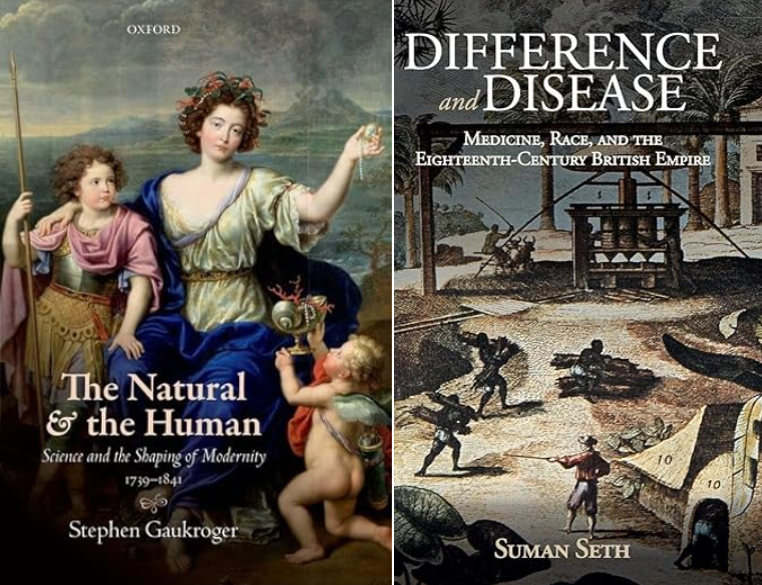
Is writing context-laden intellectual histories possible?
This essay compares two relatively recent works of intellectual history centred on the 18th century, both with an ambitious scope, and both written by established historians of science and medicine: Stephen Gaukroger’s The Natural and the Human: Science and the Shaping of Modernity, 1739-1841 and Suman Seth’s Difference and Disease: medicine, race, and the eighteenth-century…
-
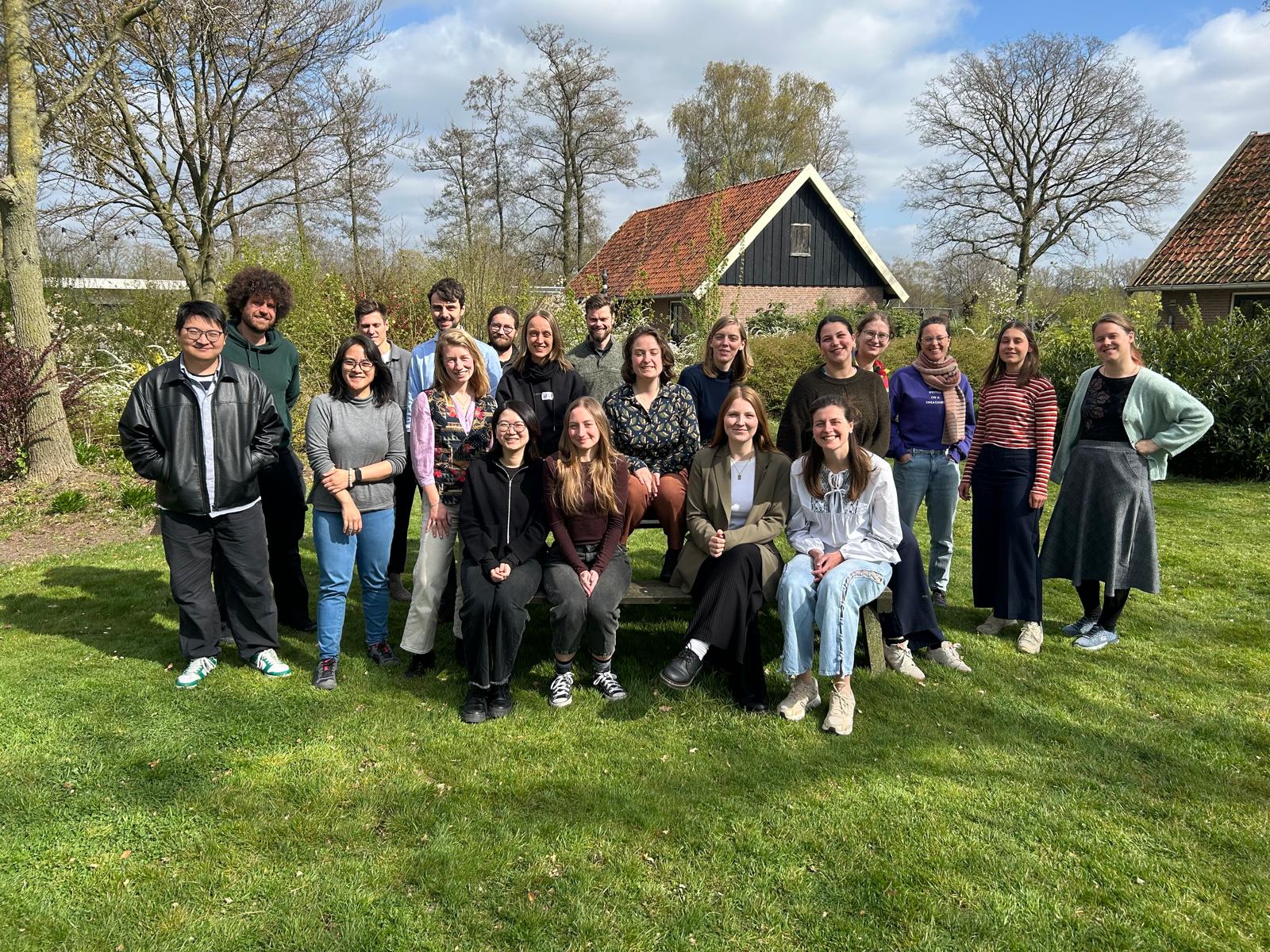
Final Report: ‘Beyond Switching Plastic Straws’
Tenth Belgian-Dutch PhD Conference in the History of Science, Medicine, and the Humanities Eibergen, 8-10 April 2025 The PhD conference ‘Beyond Switching Plastic Straws’ was a success. There were 24 people: (a) 15 were women, (b) at least 5 were foreigners, (c) many talked about recovering the agency of historical actors, (d) several had car-shared,…
-
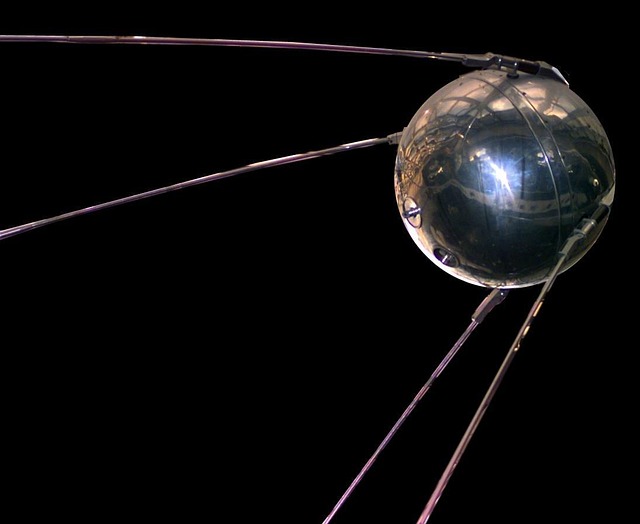
Mind the Gap
De laatste decennia van de twintigste eeuw werden gekenmerkt door een geglobaliseerde wereld. Nu, in de jaren twintig van de eenentwintigste eeuw zien we de terugkeer van machtsblokken. Drie wel te verstaan: de Verenigde Staten, Rusland en China. Met een vierde blok dat alle moeite doet om op het wereldtoneel voor vol mee te tellen:…
-
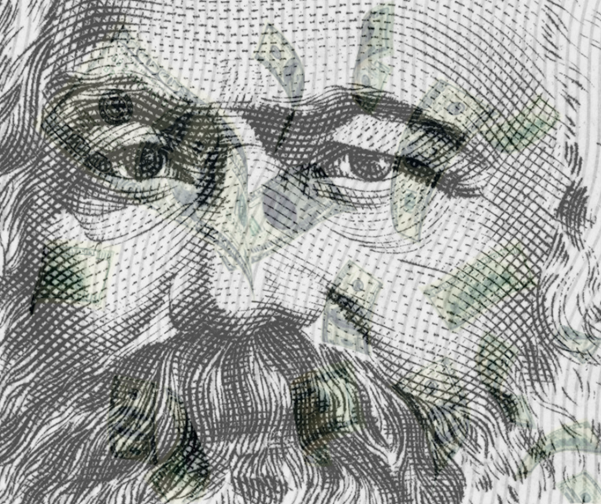
Das Kapital? The Cambridge Capital Controversy
What is capital? The concept is central to theoretical economics, but also to applications of economic theory in industry and policy. One would thus assume that there is at least a tentative agreement regarding the meaning of the word, whether it be Karl Marx’s das Kapital or something else. However, the history of theoretical economics…
-

A Weaver Becomes a Historian: Reproduction as a Historical Method
I was sitting in a lab wearing a white coat, while getting introduced to the process of making ink. At first, just like anyone would, I found myself being transported back to when I was sixteen, in a random chemistry class at high school. But then, all of a sudden, a different memory got triggered,…
-

MEISJE! DENK AAN JE TOEKOMST: Van wetenschappelijk onderzoek tot podcast
“Do not kill, do not take life, but prevent.” Deze woorden zijn afkomstig van Margaret Sanger (1879-1966), de Amerikaanse pionier op het gebied van anticonceptie. Door anticonceptiemiddelen en informatie hierover te verspreiden, probeerde Sanger het aantal abortussen in de Verenigde Staten terug te dringen. Abortus bleef namelijk in de twintigste eeuw in de Verenigde Staten,…
-
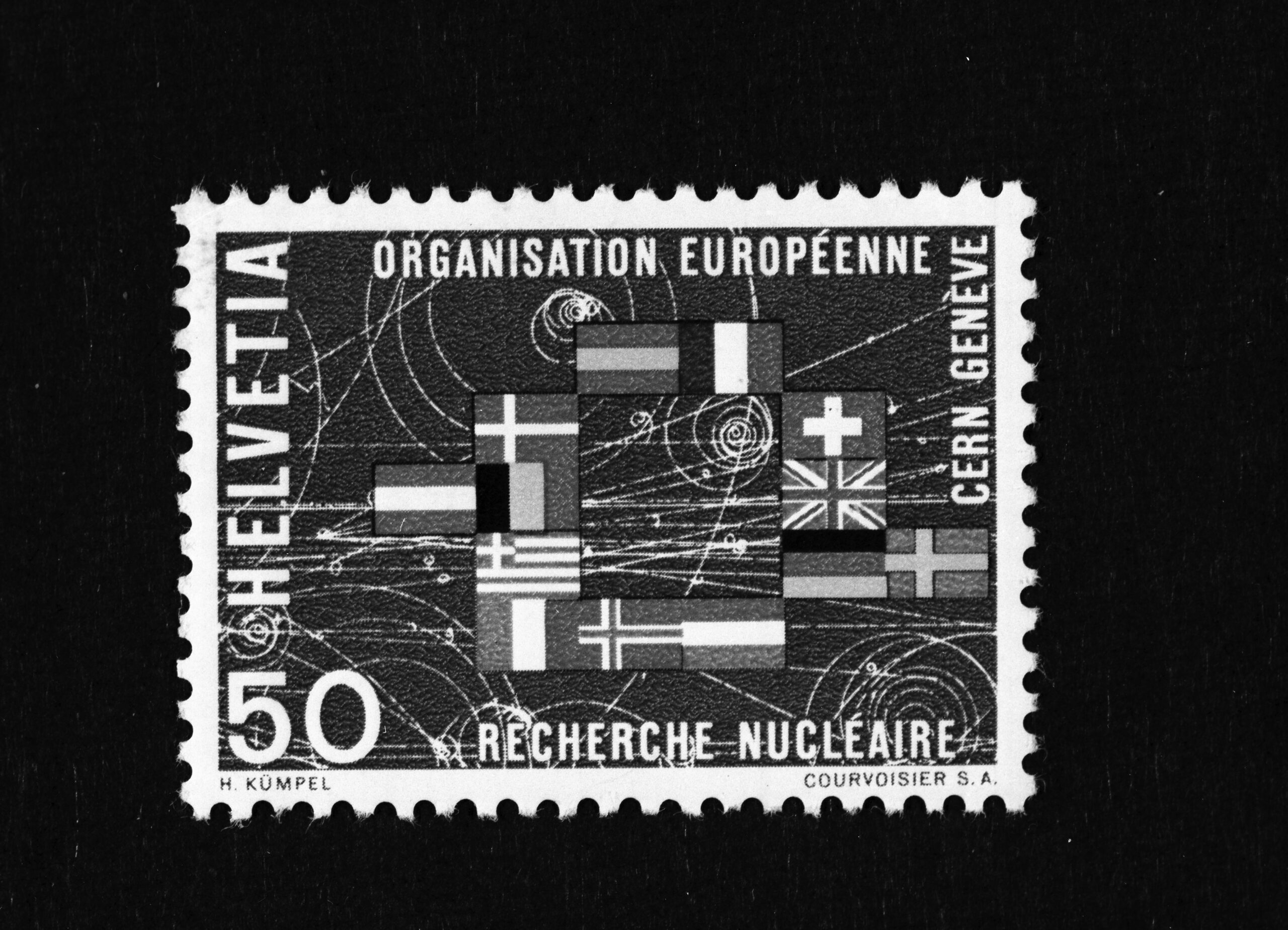
CERN: the foundational myth of European science diplomacy
In 2010, the American Association for the Advancement of Science (AAAS) and the Royal Society published a report entitled New Frontiers in Science Diplomacy. The report argued for a greater use of science in the conduct of international relations between different countries and led to a greater emphasis on science diplomacy in policy circles throughout…
-
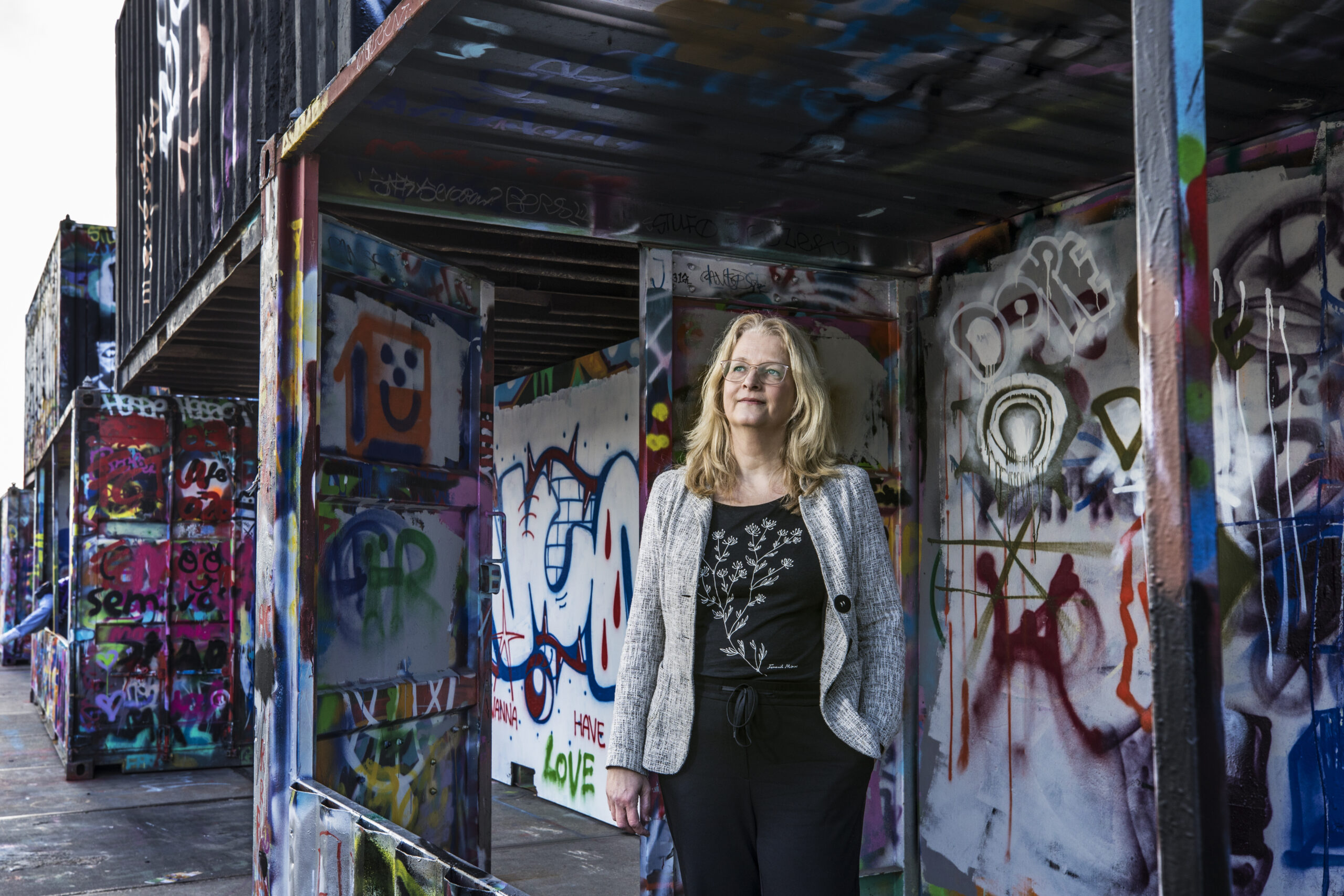
Een Interview met Gemma Blok: Over maatschappelijke betrokkenheid in wetenschapsgeschiedenis
Gemma Blok, foto door Peter Strelitski Welkom bij het vierde interview in deze serie waarin we toonaangevende stemmen uit de wetenschapsgeschiedenis aan het woord laten. Onze gasten worden gevraagd na te denken over de huidige status van het vakgebied en hoe wetenschapshistorici kunnen bijdragen aan hedendaagse debatten. Ook vragen we hen naar hun eigen onderzoeksinteresses…
-
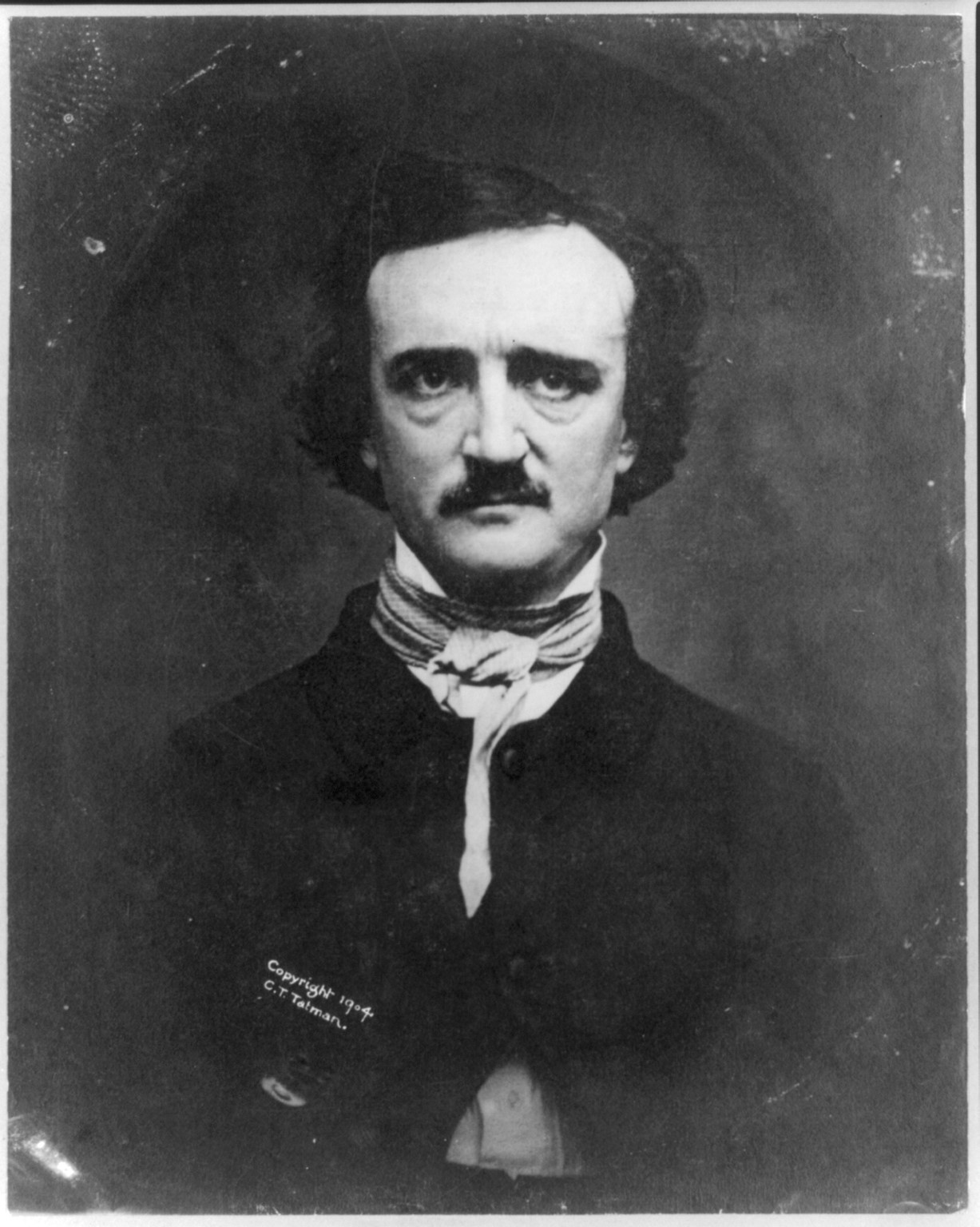
Edgar Allan Poe and Plagiarism
Edgar Allan Poe lived from 1809 to 1849 and made a narrow living with his writing career in the eastern cities of the United States of America. Most who know of Edgar Allan Poe know of his eerie poetry and gothic short stories, macabre and mysterious: “The Tell-Tale Heart,” “The Raven,” and “The Fall of…
-
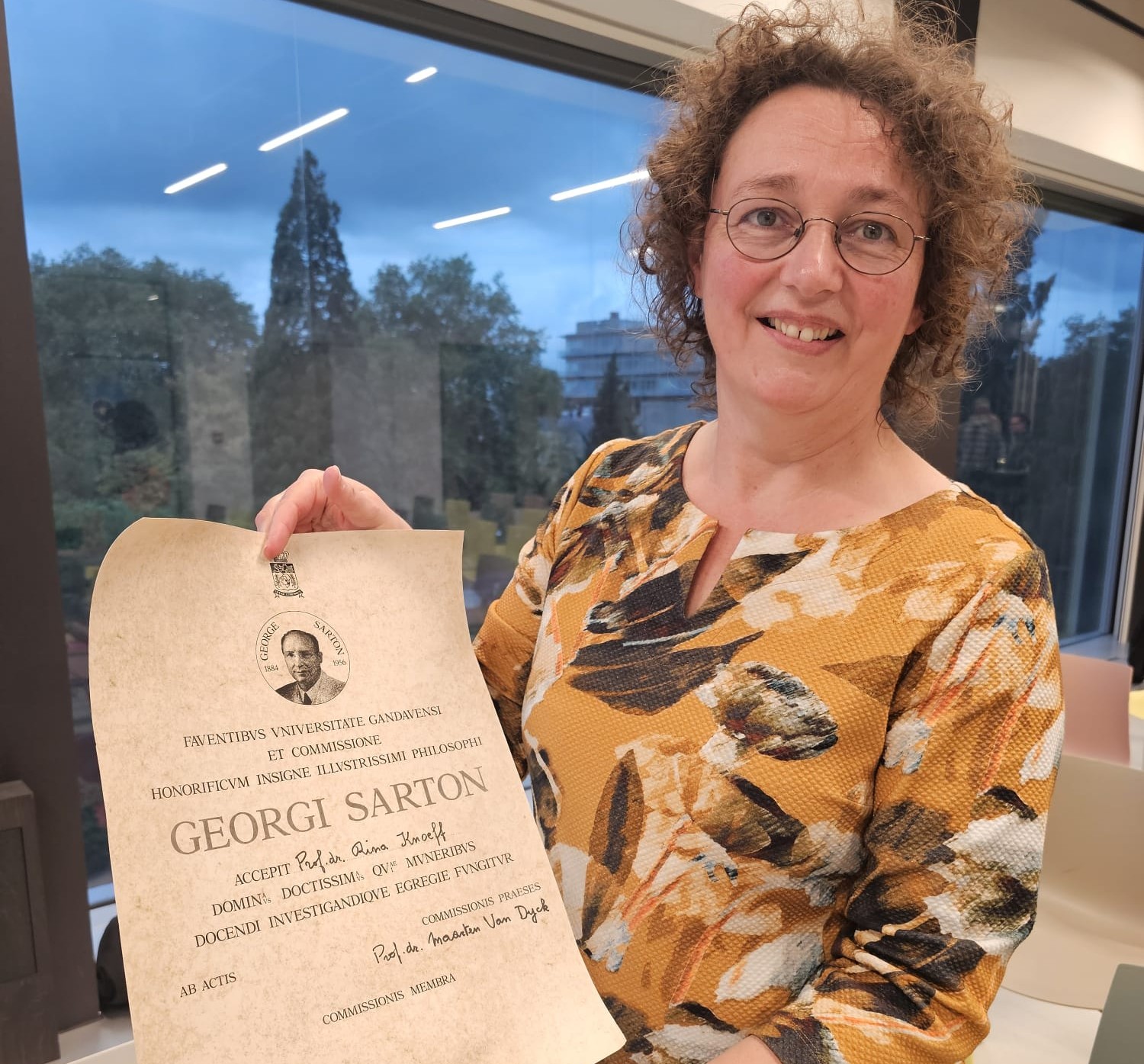
An Interview with Rina Knoeff: History of Medicine Today
This is the third in our series of interviews with current historians and philosophers of science. In these interviews, our guests are asked to reflect on the current status of the field, how we might be able to contribute to contemporary debates, what their own research interests are, and how these interests inform their worldview.…
-
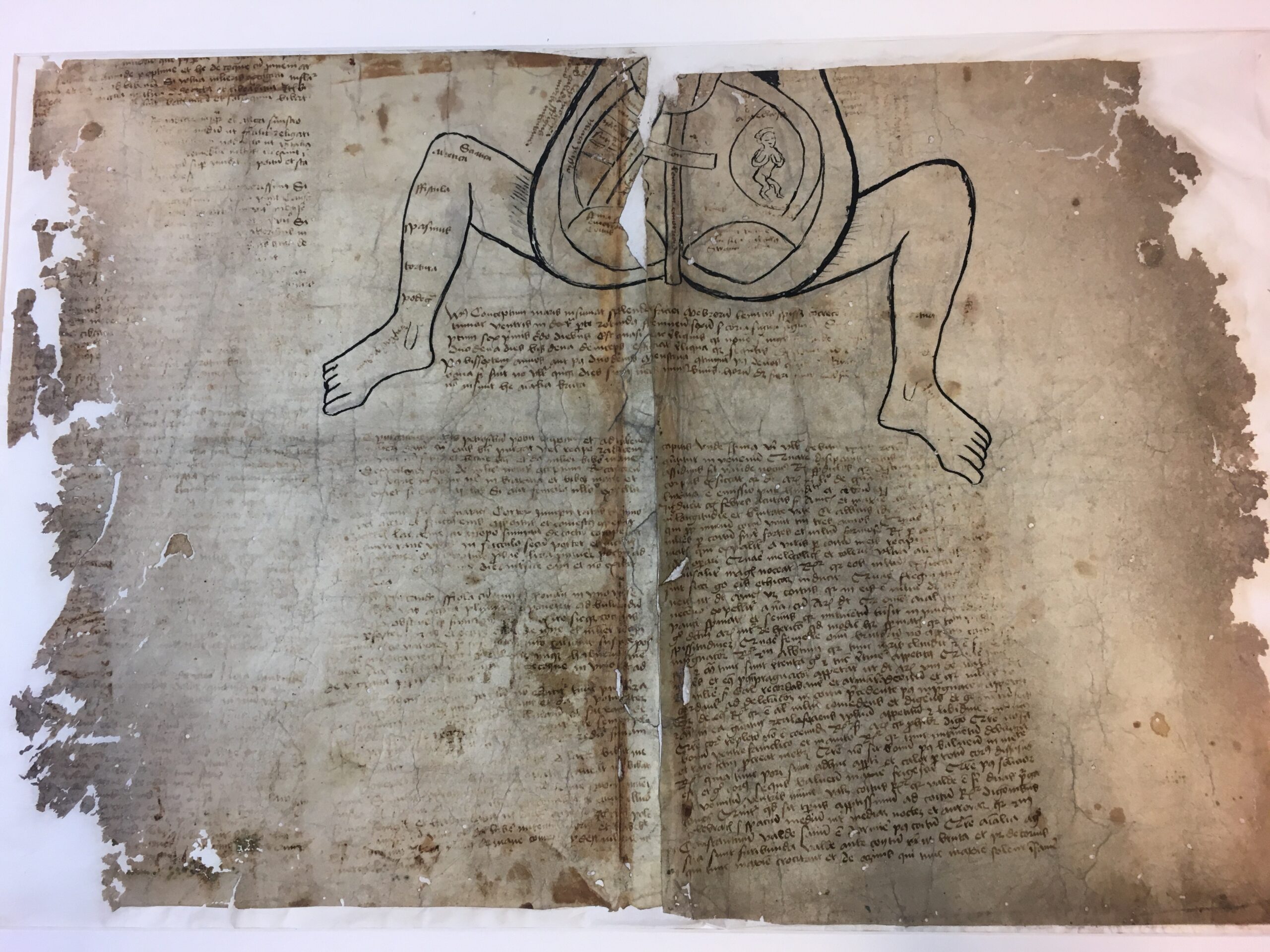
Een vijftiende-eeuws vrouwenlichaam ontleed
Toen de lade van de archiefkast openging en het document zichtbaar werd, leek het op het eerste gezicht niet meer dan een gehavend blad uit vervlogen tijden. We keken naar het enige middeleeuws archiefstuk van Rijksmuseum Boerhaave in Leiden, afkomstig uit de verzameling van de Nederlandse arts Jan Gerard de Lint. De online catalogus van…
-
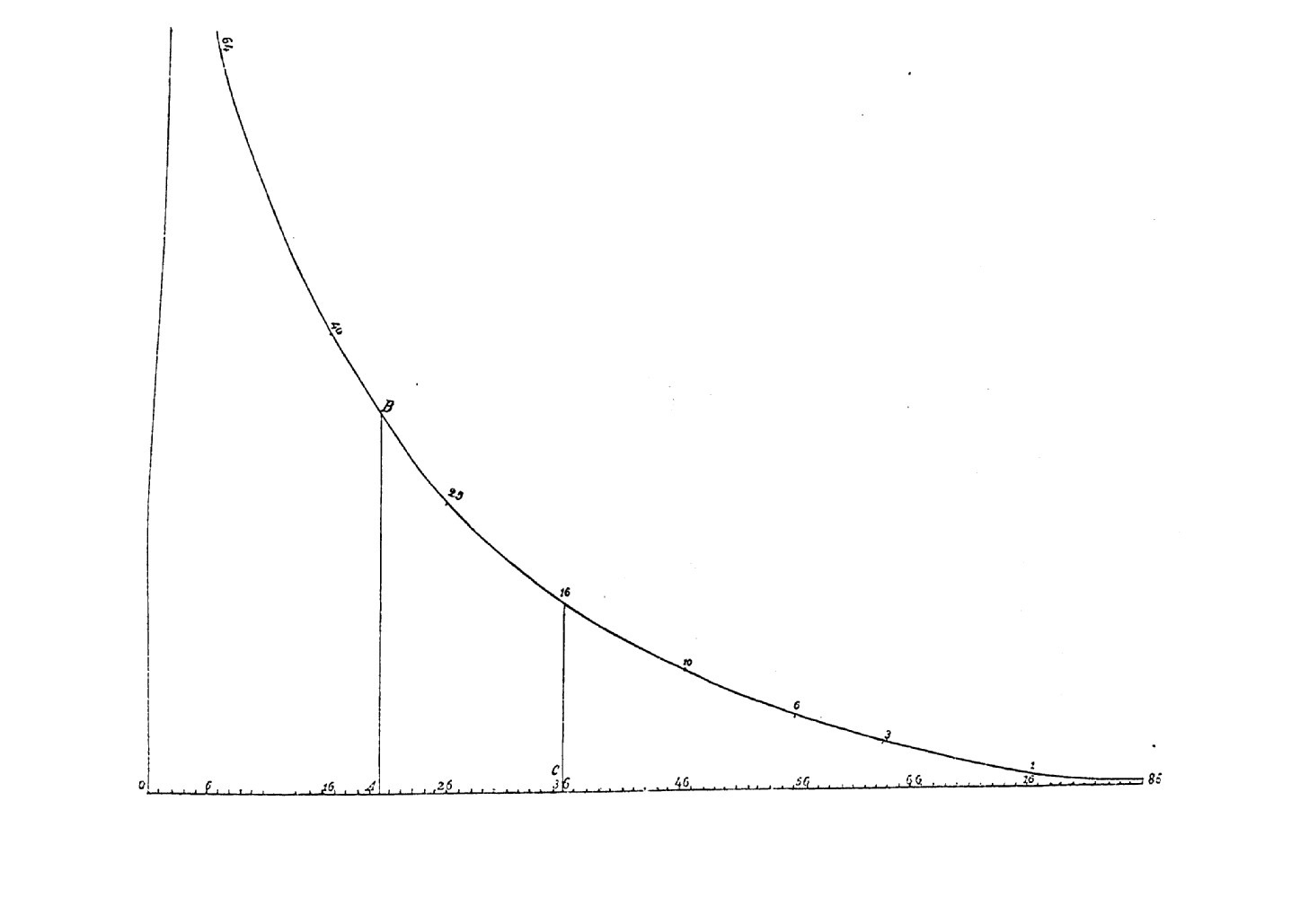
De ‘levenslijn’ van Christiaan Huygens
Christiaan Huygens schreef in 1669: ‘… door het trekken van een kromme lijn, waarop ik met den passer het leven afmeet van elken willekeurigen persoon, [zie ik] b.v. dat gij, op uw leeftijd van 38 jaar, nog ongeveer 19 jaren en 4 maanden leven kunt’ Met deze woorden introduceerde Christiaan het wonderlijke hulpmiddel dat hij…
-

An Interview with Federica Russo: Integrated HPS in Practice
This is the second in our series of interviews with current historians and philosophers of science. In these interviews, our guests are asked to reflect on the current status of the field, how we might contribute to contemporary debates, what their own research interests are, and how these interests inform their worldview. In this interview…
-
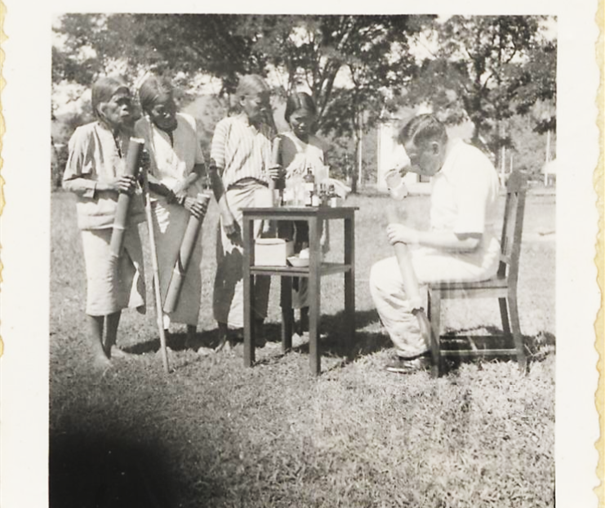
A Last Resort: Legitimizing Medical Experiments in the Colony
It is something that is considered to be self-evident today: in order to test a new pharmaceutical drug, a randomized controlled trial should be set up and the informed consent of those participating is needed. Before the Second World War, however, few such guidelines existed in print. Rather, medical ethics were implicit and flexible. This…
-
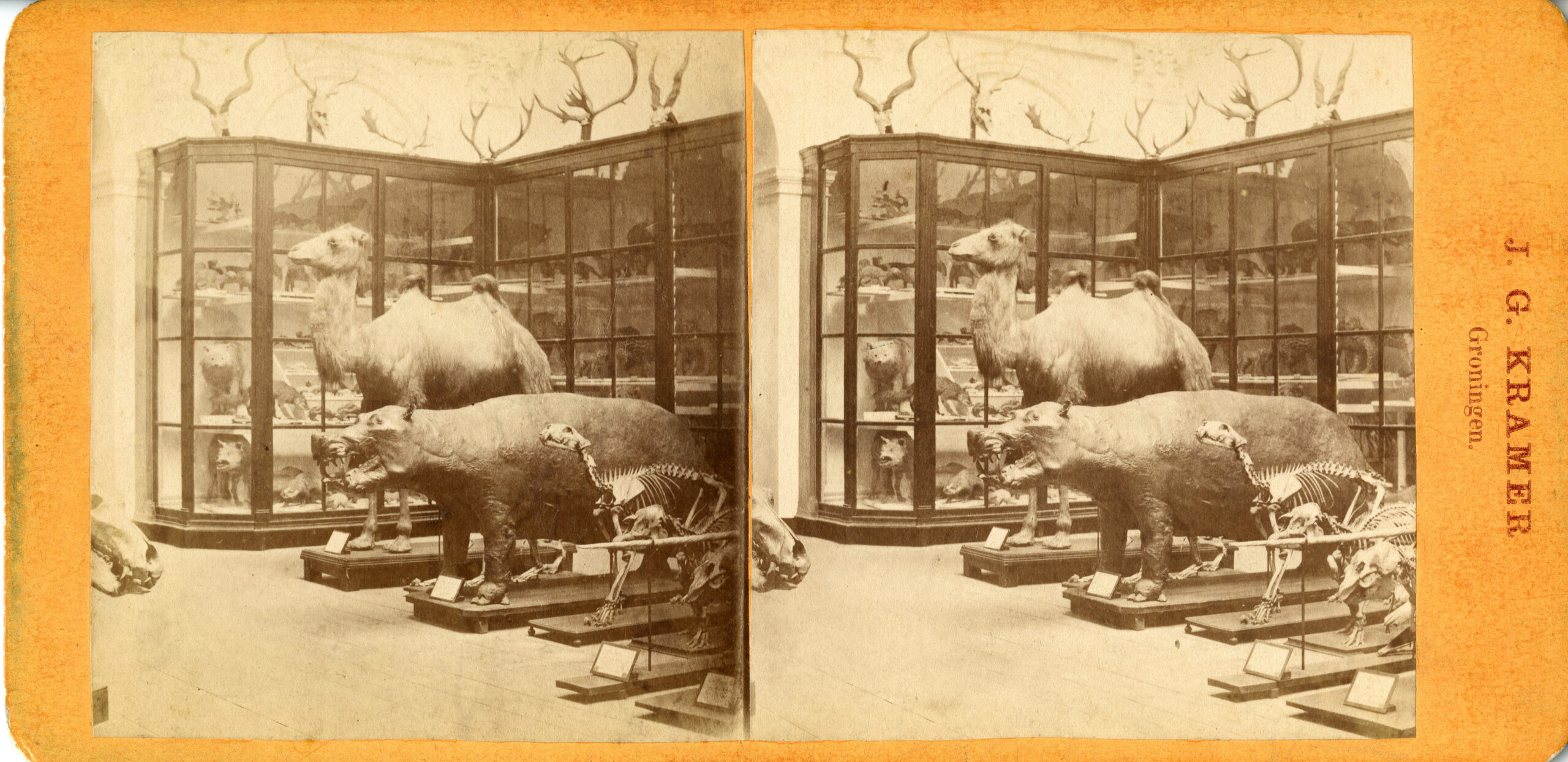
‘A number of curious entomological works’
This story is published simultaneously by Gauronica (blog Special Collections of the University Library of the University of Groningen) and Shells and Pebbles. Recently, a number of colleagues from other university libraries visited us in Groningen. As usual, we did our very best to show them the beautiful objects we have in our Special Collections.…
-

“Eenige merkwaardige entomologische werken”
Dit verhaal is gelijktijdig gepubliceerd door Gauronica (weblog Bijzondere Collecties van de Universiteitsbibliotheek van de Rijksuniversiteit Groningen) en Shells and Pebbles. Ik had onlangs een aantal collega’s van andere universiteitsbibliotheken te gast bij ons in Groningen. En, zoals vaker, dan doen we ons best om te laten zien wat voor moois we wel niet in…
-
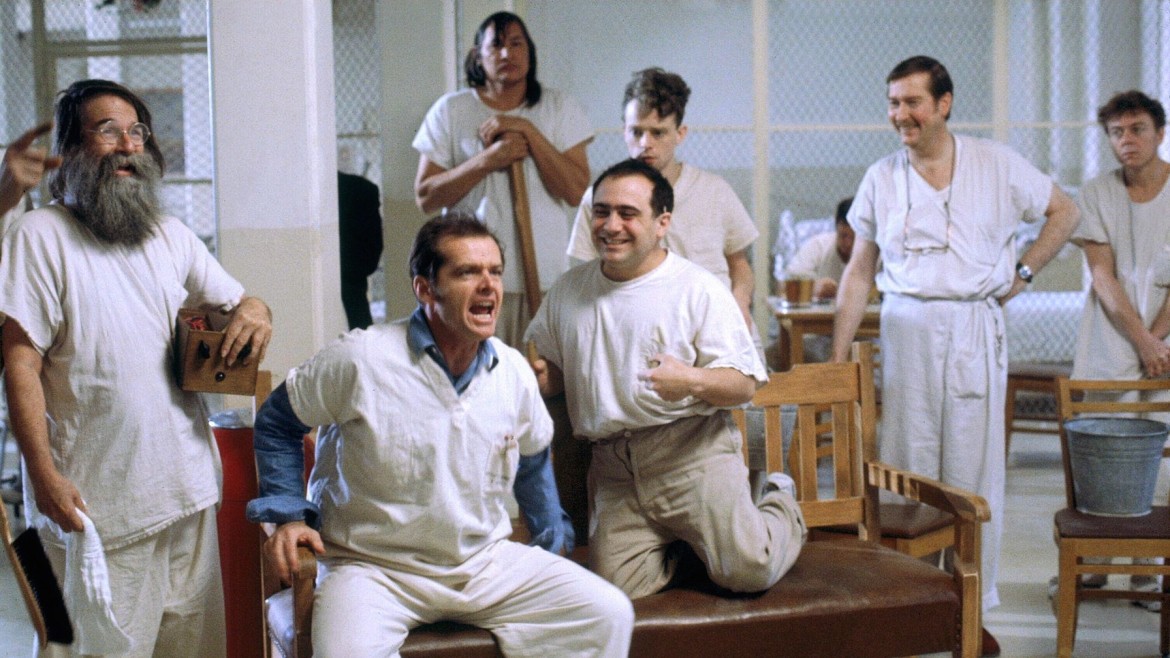
Lessons from the history of the DSM-III
In 1973, in cities across the United States, eight healthy pseudo-patients walked into unsuspecting psychiatrist’s offices. Following a brief interview, they were all admitted to different psychiatric wards. The instructions the experimenters gave were simple: each pseudo-patient should report a single symptom to psychiatrists, namely that they occasionally heard a disembodied voice say “thud”. As…
-
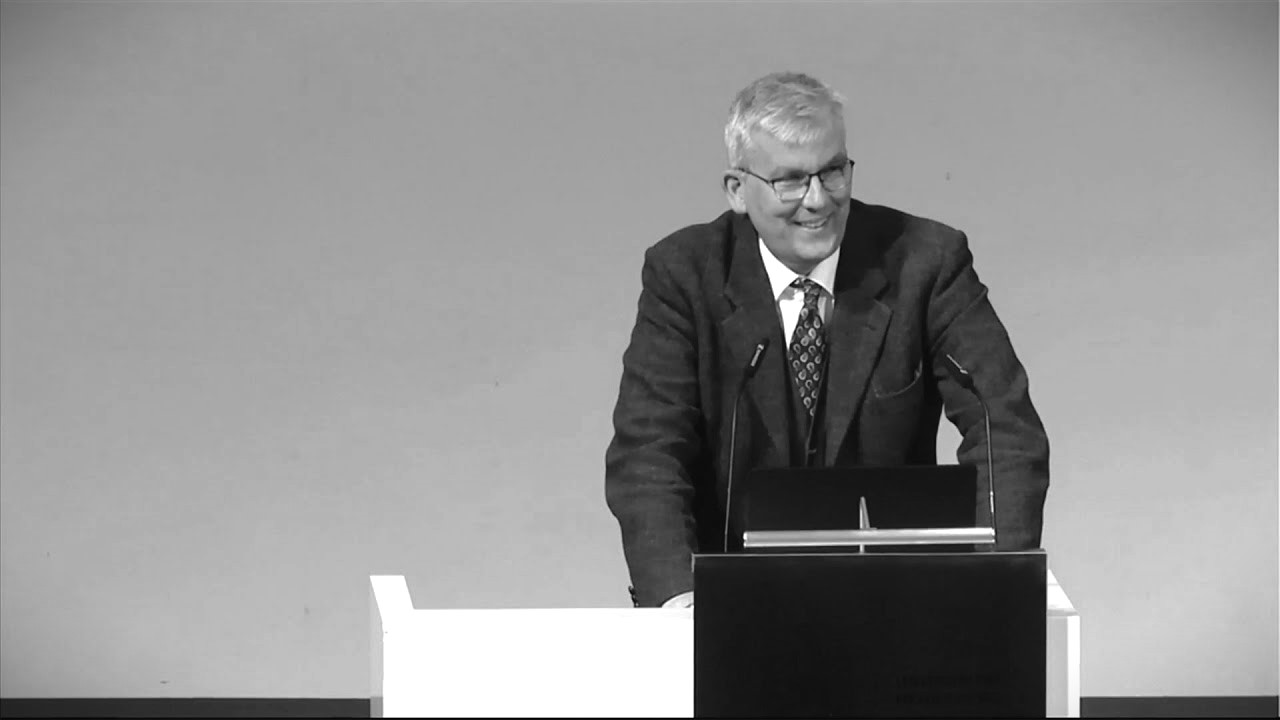
An Interview with Paul Ziche: History of Science Today
This is the first in our series of interviews with current historians and philosophers of science. In these interviews, our guests are asked to reflect on the current status of the field, how we might be able to contribute to contemporary debates, what their own research interests are, and how these interests inform their worldview.…
-
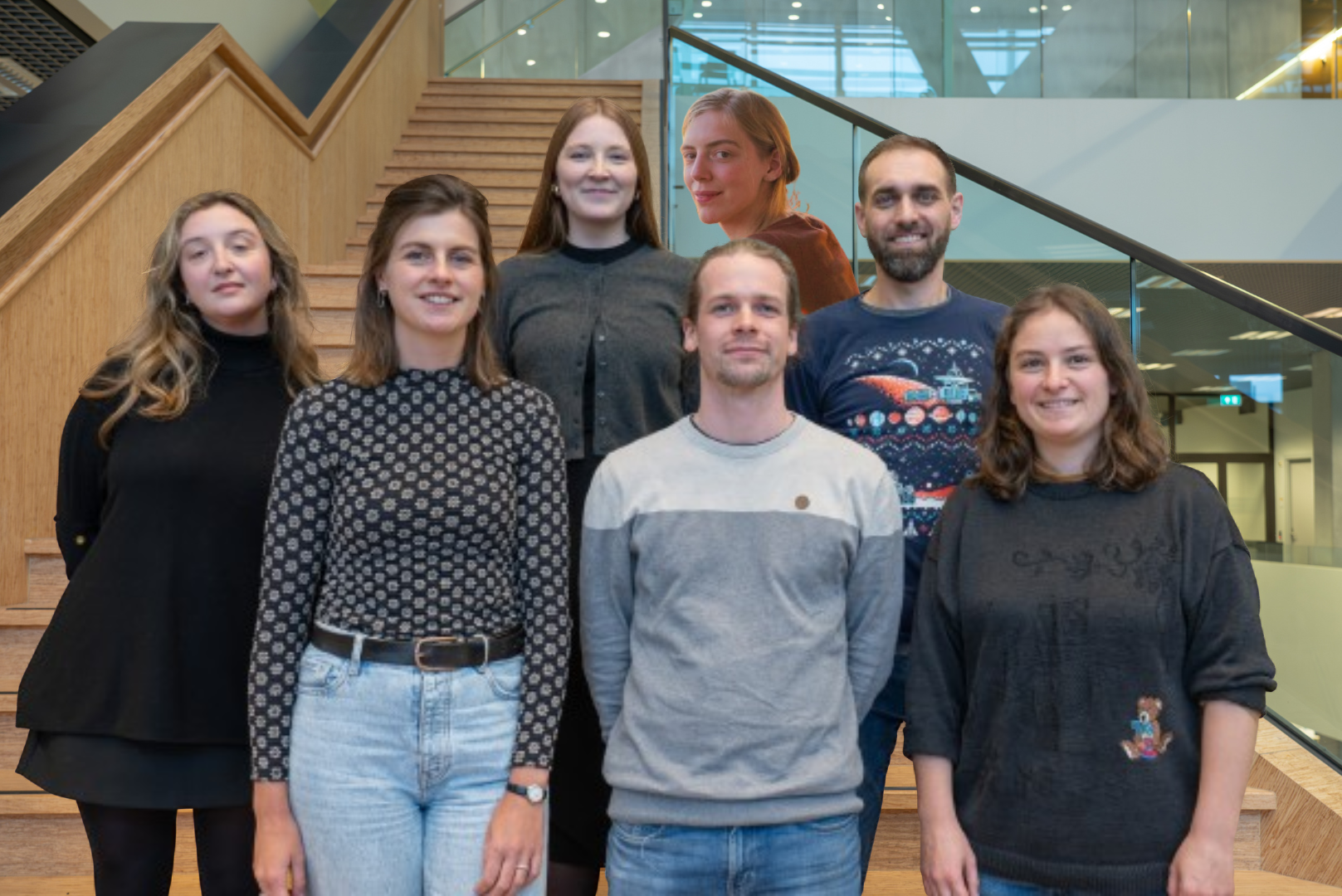
Shells and Pebbles Summer Picks
This post officially marks one full academic year since our team took over the editorship for Shells & Pebbles. We hope that you’ve enjoyed reading along. As editors, we lurk behind the scenes, but we wanted the chance to connect with you, our readers, and emerge a bit from the shadows. So, we decided to…
-
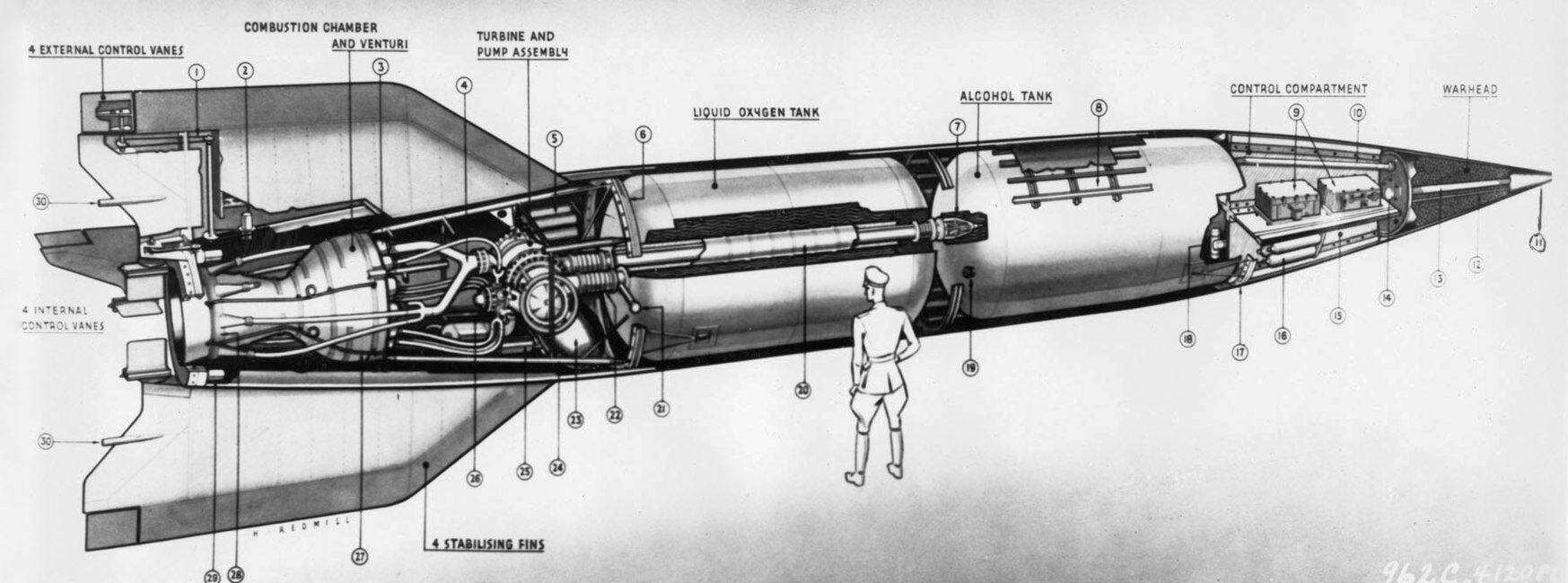
Might and Right: The Trope of Wonder Weapons in Historical and Popular Imagination
This year’s wars and the role of technology in them give us good reason to reflect on the trope of “wonder weapons.” Several recent articles talk about Russia’s use of drones and glide bombs in Ukraine in terms of wonder weapons, referring specifically to weapons used by the Nazis. The phrase has been used systematically…
-
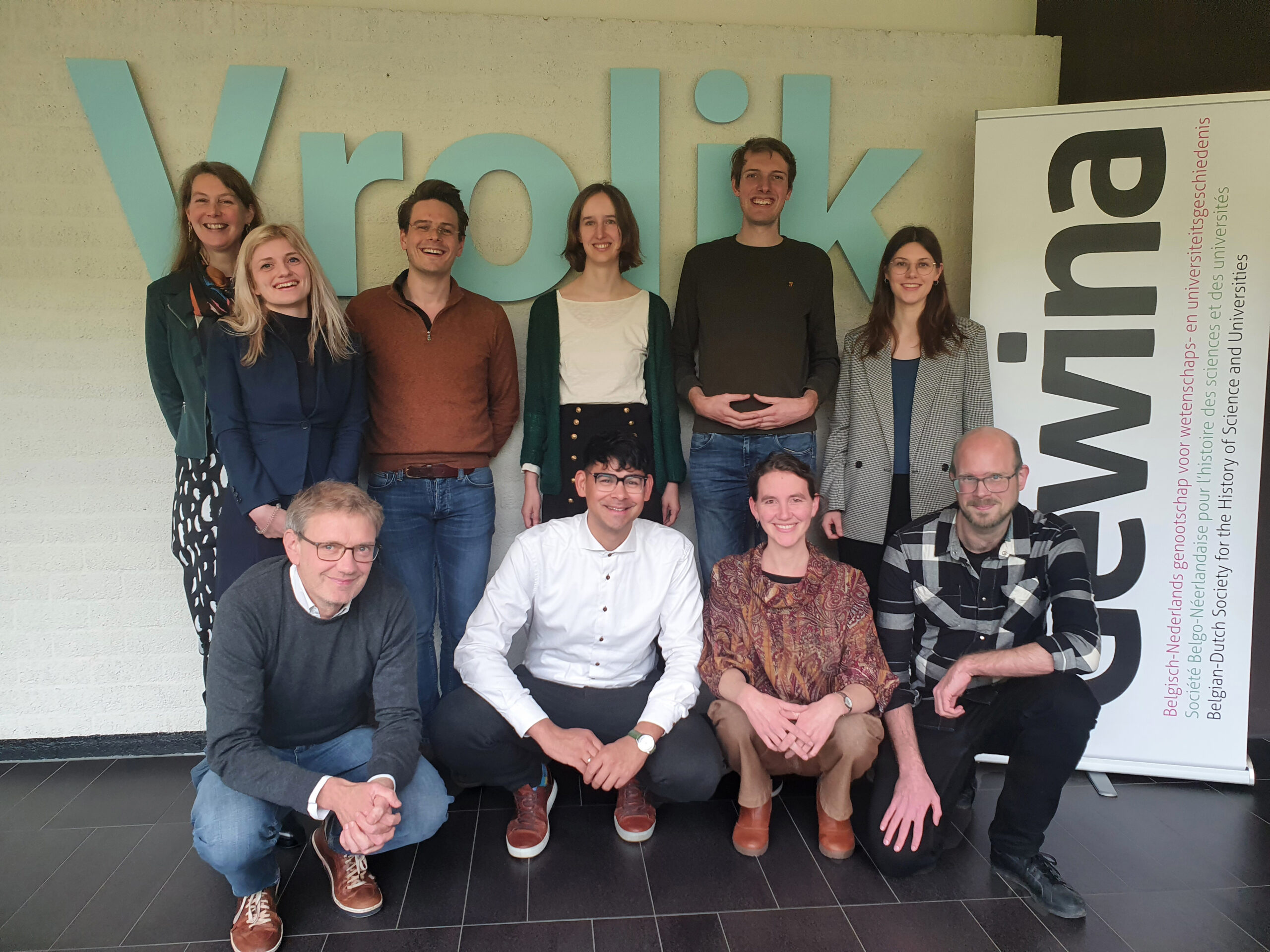
Voorjaarsbijeenkomst Gewina: Menselijke resten in musea
Een lange periode hadden weinig mensen er moeite mee als overblijfselen van lichamen in musea tentoongesteld werden. De afgelopen jaren is er echter steeds meer discussie of het tentoonstellen van menselijke resten wel ethisch verantwoord is. Zo wordt er betwijfeld of het nog wel van deze tijd is om iemands overblijfselen tentoon te stellen wanneer…
-

Reviewing Christopher Nolan’s Oppenheimer: symbolism, genius, humility and wisdom
The winner of seven Oscars, Christopher Nolan’s film Oppenheimer (2023) is not only a feast for the historian of science but an overall fan favorite. Although classic themes such as the role of theory and experiments, individual and group work, material conditions, socio-political dimensions and the emergence of “big science” feature prominently in this biopic,…
-
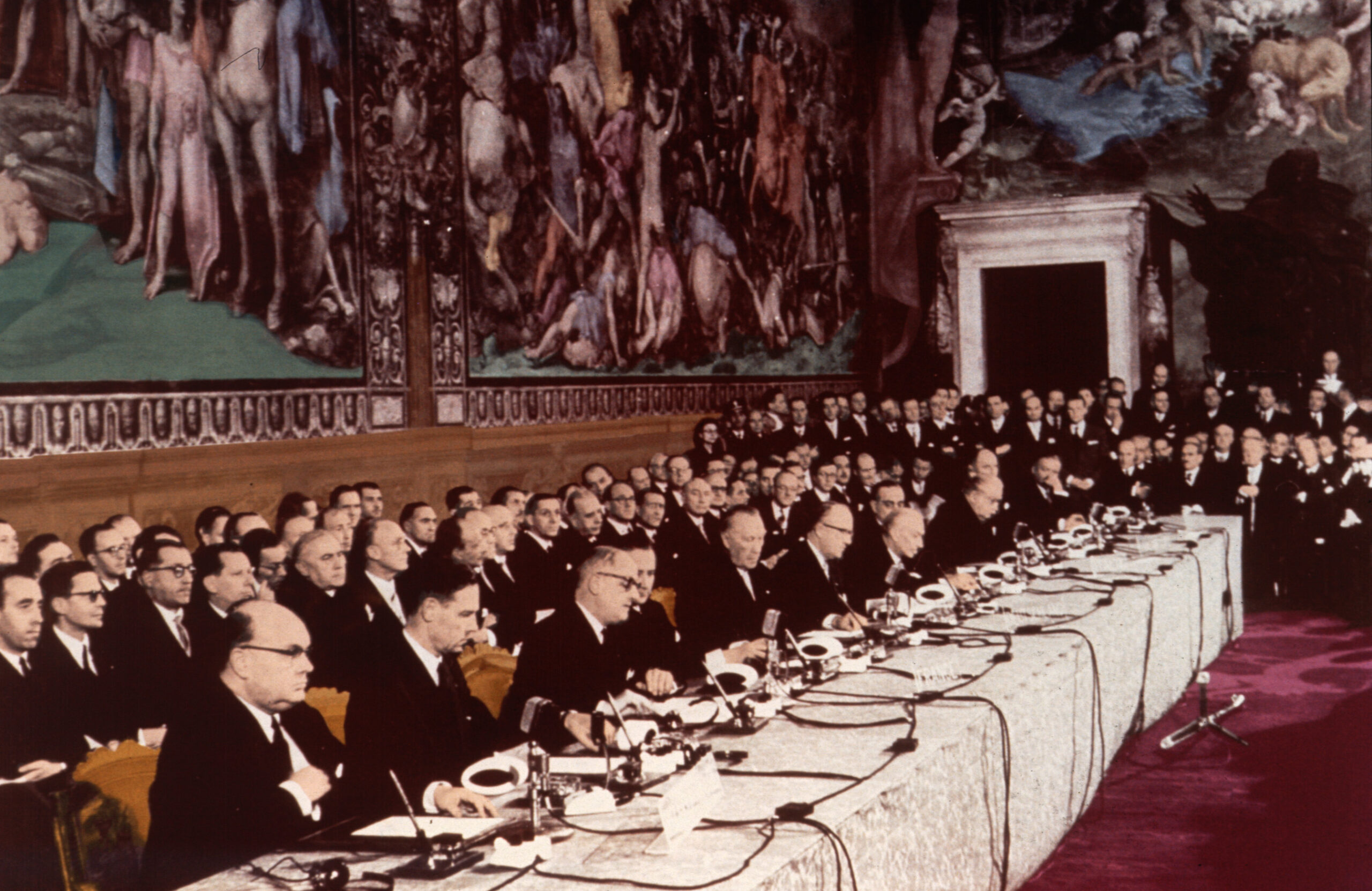
Europa en technologie: Fundament en balanceeract tegelijk
Met 27 lidstaten en een tiental in de wachtkamer is de Europese Unie (EU) een significante factor in de wereldeconomie en de mondiale politiek. Dit is echter geen status quo. Aan alle kanten wordt aan het supranationale karakter van de EU geknaagd. Tijd dus voor een analyse van de verknooptheid van die 27 natiestaten. De…
-
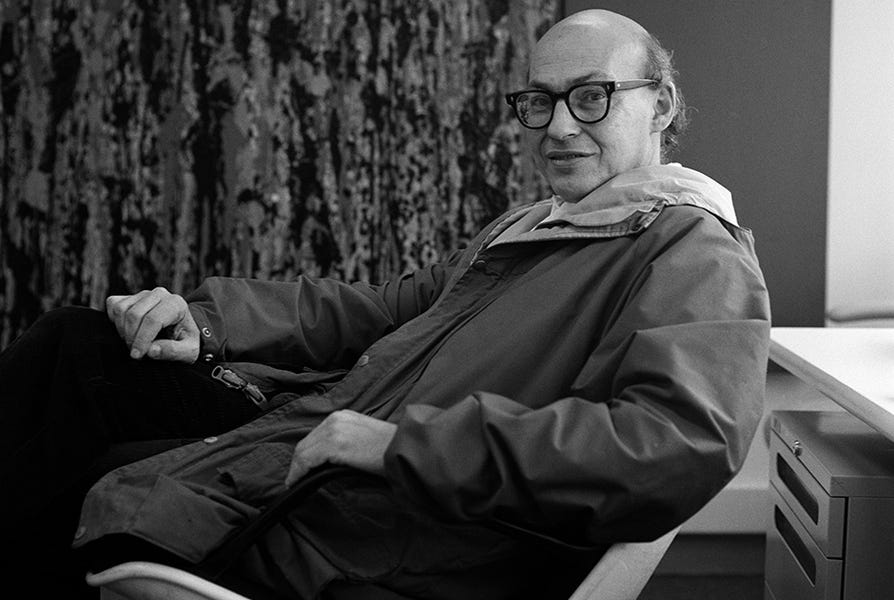
Marvin Minsky and the Missing Quotes: Metaphors and Anthropomorphism in AI
We will know less and less what it means to be human – José Saramago The idea of thinking machines is as old as thinking itself. The quest to create artificial life and machines with human-like abilities has deep roots in human culture and history. From mythological figures from the times of ancient Greece like…
